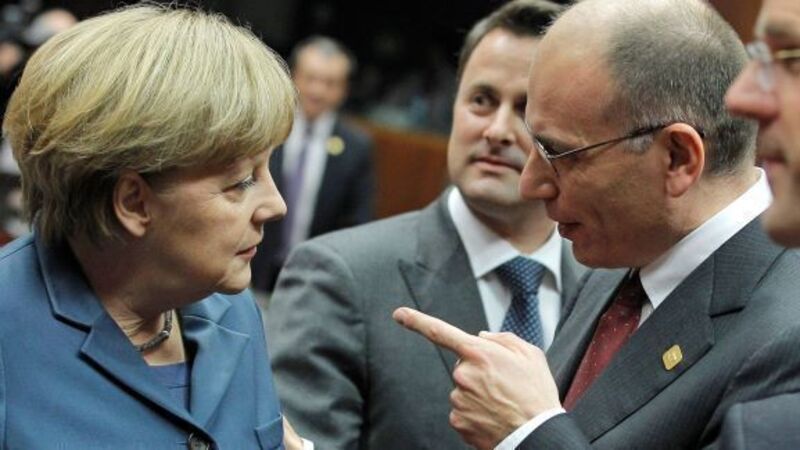Financial incentives to help eurozone push reform

Countries that agree to implement improvements in areas such as education, the labour market, and the judicial system would get loans or grants in return, under plans discussed by EU leaders in Brussels yesterday.
With finance ministers reaching agreement on Wednesday on how to deal with failing banks, the idea to tie countries to economic reforms is seen as the next step to harmonise policy across the eurozone.
















